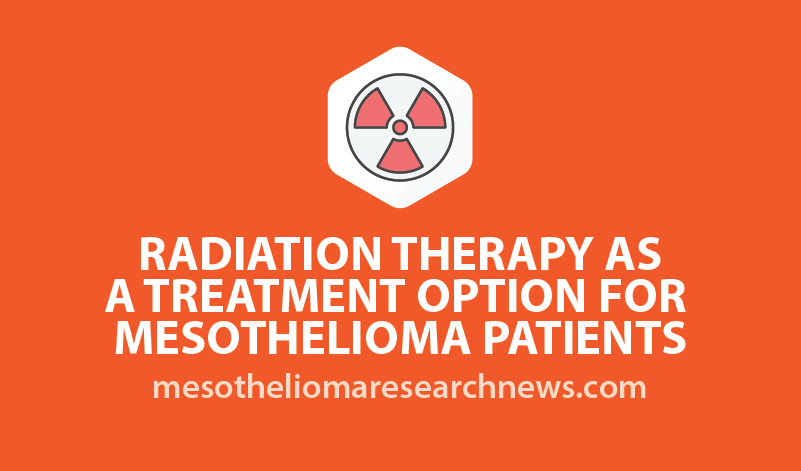
Mesothelioma is an aggressive, but rare type of cancer that is developed in the mesothelial cells following continued exposure to asbestos. The mesothelial cells are found in the lining of some organs in a membrane known as the mesothelium, which protects and keeps the organs moist. When patients inhale or swallow asbestos fibers, the particles become trapped and the body cannot properly expel them. The fibers become lodged in the mesothelial cells, irritating them and causing the formation of tumors. Pleural, peritoneal, pericardial and testicular mesothelioma are the four different types of the disease, which are defined according to the location of the tumors.
There is currently no cure for mesothelioma, a disease that is often only diagnosed when it is already in an advanced stage, which is explained by discreet or unnoticeable symptoms. However, research has been conducted to better understand the disease, improve treatment and find a cure. The three major standard treatments are radiation therapy, chemotherapy, and/or surgery. There are, nevertheless, advantages and risks to be considered by both patients and physicians for all of these treatments.
Radiation therapy is based on the use of high-energy x-rays or particles, which are able to kill cancerous cells. However, not every cancer patient is eligible for radiation therapy. Mesothelioma can be hard to treat with radiation therapy due to the fact that this form of cancer does not usually grow independently and distinctively, which makes it more difficult for the radiation to penetrate and kill the cancerous cells while avoiding nearby healthy tissue. Patients with pleural mesothelioma are those more likely to be recommended radiation therapy, but improvements and new radiation therapy techniques are making this type of treatment increasingly more useful.
Radiation therapy is used in mesothelioma patients for two main purposes. Radiation therapy administered during or after a surgery is used as a treatment to kill any small areas affected by cancer that remain after the procedure and it is known as adjuvant radiation therapy. On the other hand, radiation therapy can also be used as palliative care and its goal is to ease the symptoms, which include shortness of breath, pain, bleeding, and trouble swallowing.
Learn more about mesothelioma here: http://bit.ly/learnMesothelioma
Mesothelioma Research News is strictly a news and information website about the disease. It does not provide medical advice, diagnosis or treatment. This content is not intended to be a substitute for professional medical advice, diagnosis, or treatment. Always seek the advice of your physician or other qualified health provider with any questions you may have regarding a medical condition. Never disregard professional medical advice or delay in seeking it because of something you have read on this website.

